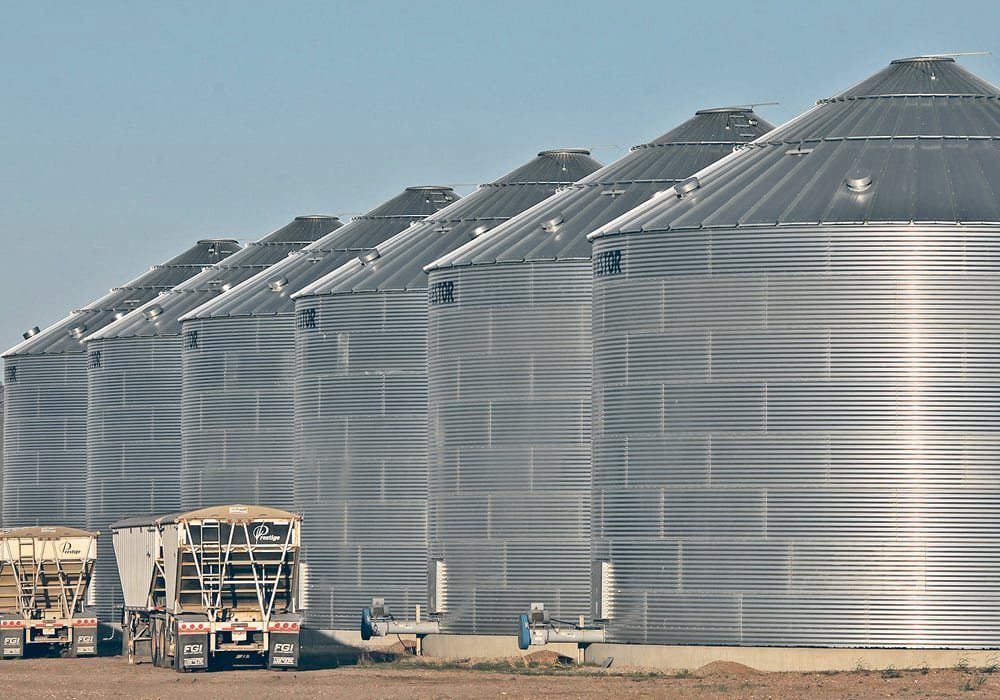Grain companies move away from focus on storage

American grain companies are likely to focus more on moving grain fast and less on storage in coming years, says a company manager in the heart of winter wheat country.
That’s because speed and efficiency are key to successful grain marketing, and American farmers are choosing to store, handle and deliver as much of their own product as possible.
“We’ve seen a real push… to have the farmer have more control of their own marketing,” said Seth Post, a regional general manager for CBG Enterprises, a growing elevator company.
“This has led to a lot of producers throughout the corn belt and even into Oklahoma today… to build their own elevators on their own farm sites.”
That leaves companies like his concentrating on what they do best, including shuttle-loading, barge-loading and terminal operations.
“This has really changed our business dynamic on the grain-handling side,” said Post, who spoke as part of a panel during the Kansas City Federal Reserve Bank’s agricultural economy symposium.
“We used to do a lot of business at our country elevator assets and that volume of business has decreased substantially, really within the last five years or decade, and with that dynamic it’s really made our focus move towards redeploying our capital toward our terminal assets,” said Post.
Farmers have also been taking over their own trucking needs, another role that many grain companies have traditionally offered.
“They’ve become extremely efficient at not only harvesting their crop but storing it and then transporting it to one of our terminal assets,” said Post.
United States grain companies are also likely to move further down the value-added chain, toward the consumer market.
“You’re seeing a lot of the big grain companies right now wanting to be in the processing space, soybean processing, corn processing, things of that nature,” said Post.
While farmers and grain companies are investing lots of their own money in improving their own capacity for moving grain, there is still a vital role for the other parts of the transportation system to keep up with growing demands.
“The producer, as he continues to be more efficient, we’re just going to have to have upgraded roads, upgraded rail, upgraded (waterway) lock systems,” said Post.
Source: www.producer.com

